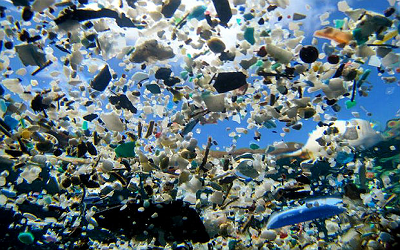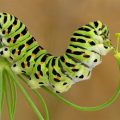PTE考生目前最大的问题之一就是练习题缺乏。除了有限的基本官方书(PLUS,Testbuilder, OG)之外,就没有题了。很多英语基础不是很扎实的同学很难找到练习材料。墨尔本文波雅思PTE培训学校专门为墨尔本,悉尼PTE考生准备了适合PTE听力阅读练习的科学60秒。各位PTE同学可以练习PTE听力中的summarise spoken text和PTE口语中的retell lecture,练习记笔记技巧和复述。废话少说,下面开始:
60秒科学:Ocean Plastic Particles Could Get in Gills
听力内容:
60秒科学节目(SSS)是科学美国人网站的一套广播栏目,英文名称:Scientific American – 60 Second Science,节目内容以科学报道为主,节目仅一分钟的时间,主要对当今的科学技术新发展作以简明、通俗的介绍,对于科学的发展如何影响人们的生活环境、健康状况及科学技术,提供了大量简明易懂的阐释。
There are now at least five major garbage patches in the world’s oceans, and much of that trash is plastic. But last month researchers said they can only account for one percent of the plastic they’d expect to find in the oceans. So, where’d the rest of it go?
Well, animals eat some of it. Plastic has been found in turtles, seabirds, fish, plankton, shellfish, even bottom-feeding invertebrates. But there’s another way sea creatures might be accumulating plastic: by sucking up tiny plastic particles with their siphons and gills.
Researchers added common shore crabs Carcinus maenas to tanks of seawater containing millions of tiny plastic particles, just 10 microns in diameter. After 16 hours, all the crabs had plastic lodged in their gills. And the particles stuck around for up to three weeks, too. The results are in the journal Environmental Science and Technology.
The longer plastic sits in an animal, researchers say, the better the chances it will travel up the food chain. Meaning all our plastic waste could come back to bite us or rather be bitten by us.
“Of course we eat mussels whole, without the shells. But we’re potentially eating plastic, if they’re from a site where there’s plastic present.” Lead researcher Andrew Watts, of the University of Exeter. “We don’t know how much plastic we have in our stomachs¡ chances are we do have some.”
–Christopher Intagliata





